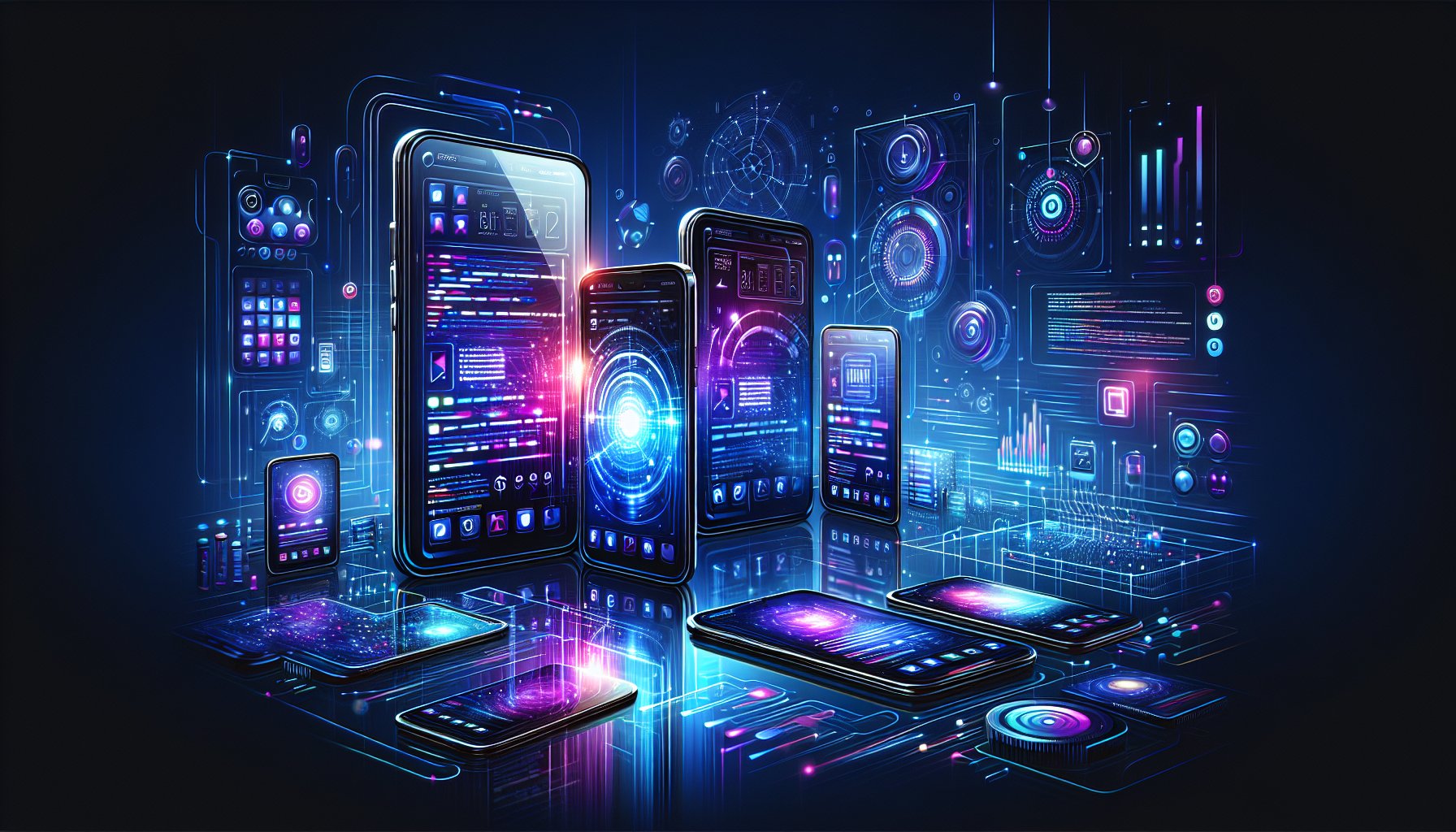Introduction
As we venture into 2025 and beyond, the world of mobile app development continues to evolve, spurred by technological advancements and changing user expectations. This blog post dives deep into the latest trends and technologies set to shape the future of mobile app development, empowering developers and businesses to stay ahead in the competitive digital landscape.
Embracing AI-Powered UX
The integration of Artificial Intelligence (AI) in user experience (UX) design is no longer a novelty, but a necessity. AI-powered UX allows developers to create personalized, intuitive, and engaging experiences, improving user retention and satisfaction. Leveraging machine learning algorithms, developers can analyze user behavior and preferences, offering personalized content and recommendations.
// Example of AI-powered recommendation using Tensorflow.js
const model = await tf.loadLayersModel('model.json');
const prediction = model.predict(userData);
return prediction;
Edge Computing: The New Frontier
Edge computing is set to revolutionize mobile app development by bringing data storage and processing closer to the source of information. This results in reduced latency, improved performance, and enhanced data security. Incorporating edge computing in mobile apps is especially critical for real-time applications like gaming, video streaming, and IoT devices.
5G Technology: A Game Changer
With the widespread adoption of 5G technology, developers can design apps to handle more data, operate faster, and provide richer user experiences. 5G's low latency and high bandwidth make it possible to create more complex, data-heavy applications, propelling the development of AR/VR apps, IoT, and real-time gaming.
Quantum Computing: The Next Big Thing
Quantum computing, although still emerging, promises to redefine mobile app development. Its superior processing capabilities will enable developers to create apps capable of performing complex computations and simulations in seconds, opening up new possibilities for scientific, financial, and logistics applications.
Cloud-Native Apps: The Future of App Development
Cloud-native apps, designed to leverage the full potential of cloud computing, are becoming the standard in mobile app development. These apps are scalable, resilient, and flexible, allowing developers to deliver superior user experiences across various devices and platforms.
// Example of a Cloud-Native app using React Native 2025
import React from 'react';
import { CloudComponent } from 'react-native-2025';
export default function App() {
return (
Conclusion
The future of mobile app development is undoubtedly exciting, with new technologies and methodologies shaping the landscape. To stay ahead, developers and businesses need to embrace AI-powered UX, exploit the potential of edge computing and 5G technology, explore quantum computing possibilities, and adopt cloud-native app development. Staying informed and ready to adapt is the key to harnessing the power of next-gen mobile app development.
Remember, the future is not to be predicted, but to be created. So, get ready to create a future that sets you apart in the realm of mobile app development!